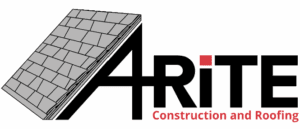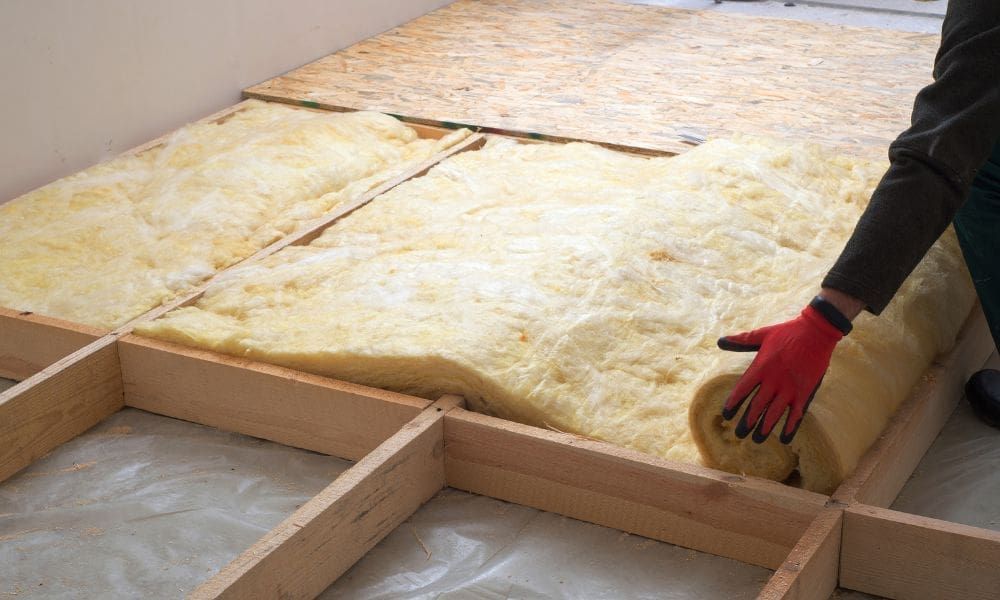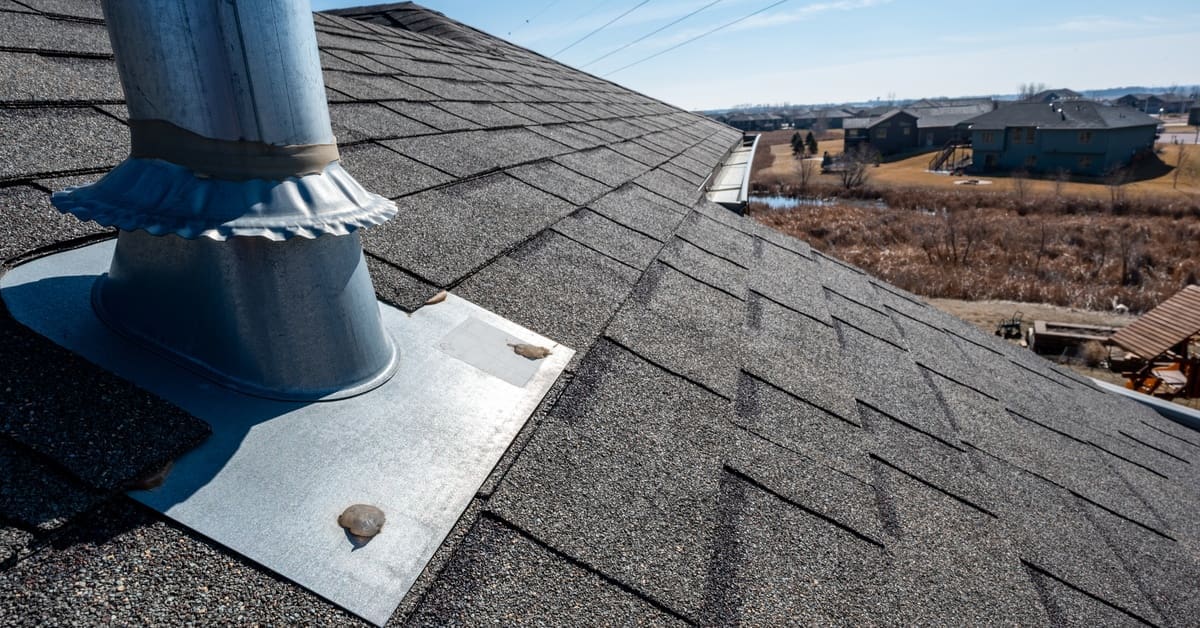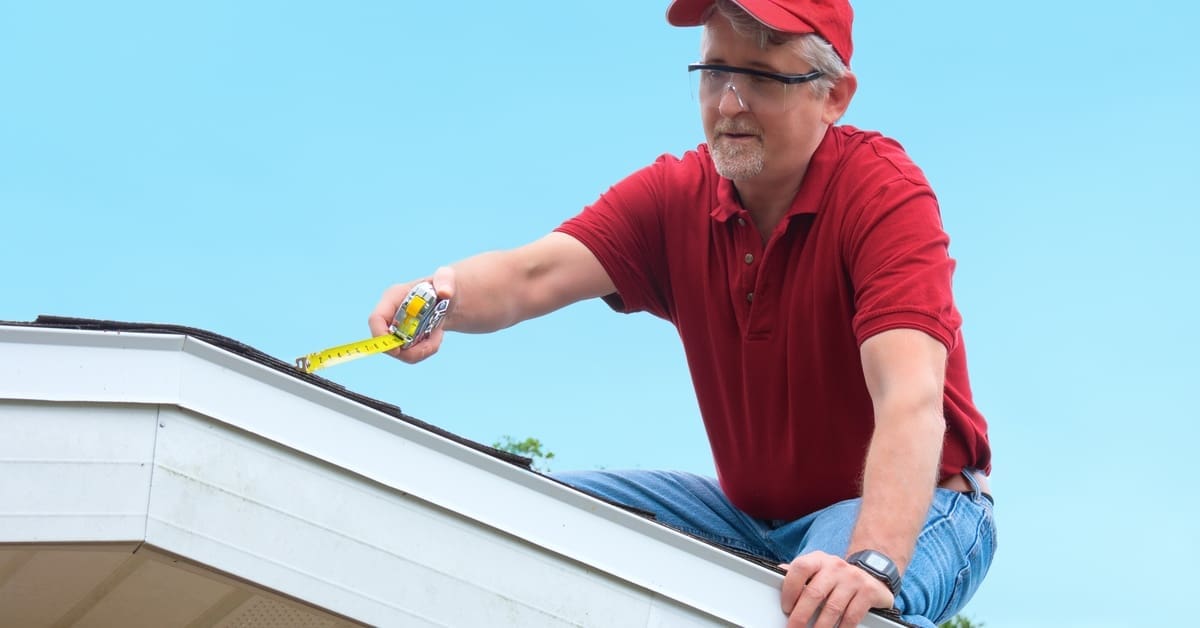Everyone is familiar with insulation, but that doesn’t mean they understand how it works. Insulation protects interiors against the outside elements and can lower your heating and cooling bills. The question this blog will explore is if insulation helps with energy efficiency. You’ll learn the answer below and discover more about insulation.
Let’s Answer the Question
Yes, insulation tremendously aids energy efficiency. An underinsulated or improperly insulated home can result in tragic heat loss. It’s equivalent to having a hole in your wall or leaving the window open every day.
Insulation helps homeowners save about 11 percent on energy bills and around 15 percent on cooling and heating expenses. It also reduces your carbon footprint to help the environment. Now that we have answered the burning question, we can take a closer look at how insulation helps.
R-Value
We measure an insulation’s R-value based on its thermal resistance capacity or heat flow prevention abilities. Typically, the denser the insulation, the higher the R-value and the better the insulation. However, you must consider some factors before choosing an insulation type based on its R-value. What type of climate do you live in? Where are you placing the insulation? What is the condition of your home’s HVAC system?
Understanding How Insulation Works
Three key things will help you understand how insulation works:
- What type of insulation to install
- How heat flow works
- Where to insulate your house
Insulation traps small air pockets to slow the heat movement out of the home in winter and into the house in summer. Heat will travel to the colder parts of your home to even out the temperatures.
Give Your HVAC System a Rest
Insulation is the number one factor in your home to help with energy efficiency. HVAC systems have to work harder for underinsulated or improperly insulated homes. The less your heating and cooling has to operate to create a comfortable home environment, the lower your energy bills.
If you’re unsure about your home’s insulation, contact a residential insulation contractorfor an inspection. They’ll discuss underinsulated areas and areas in your home that need insulation replacements.



